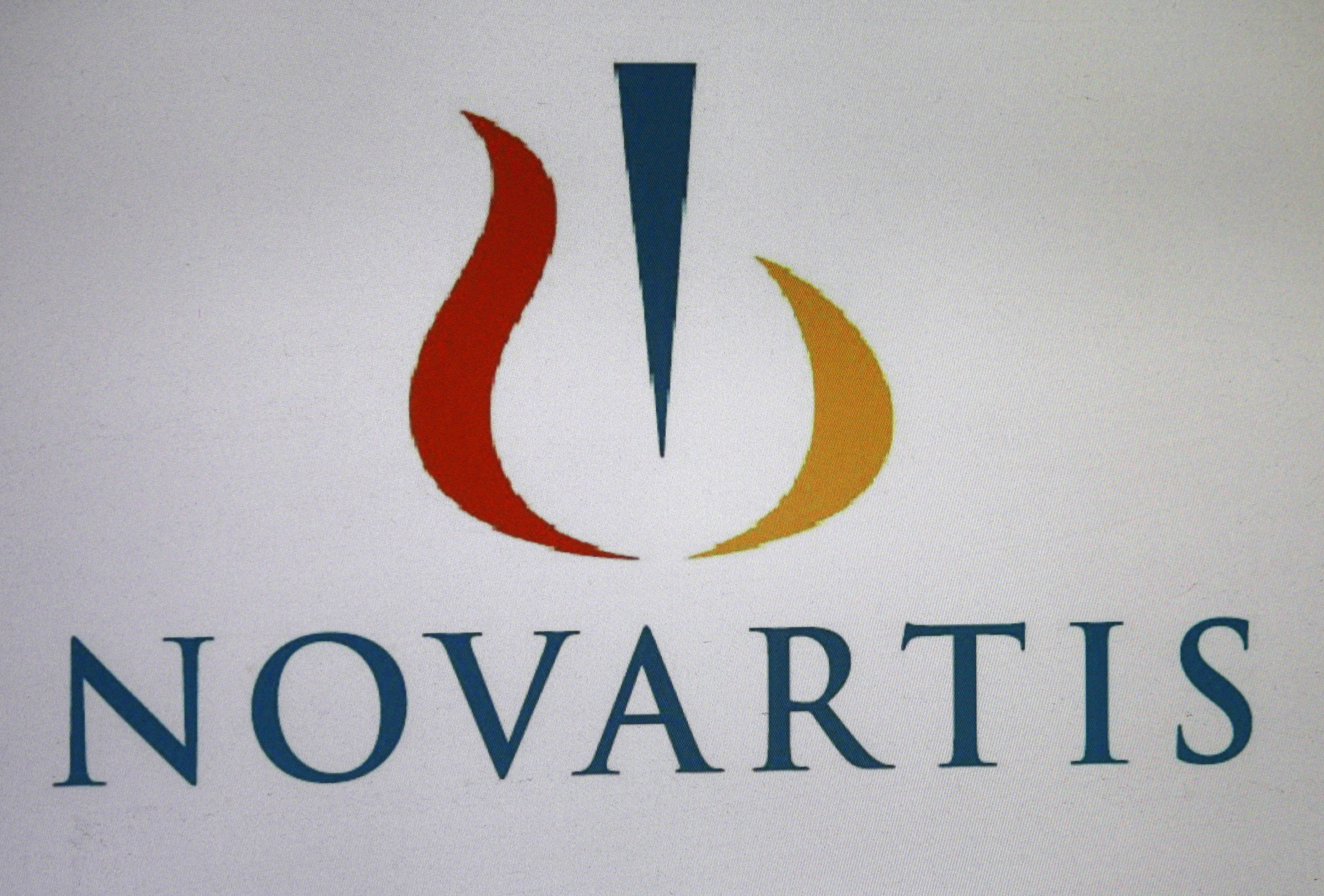Novartis recently announced that RADIANT-4, a prospective, double-blind, randomized, Phase III study that evaluated the efficacy and safety of Afinitor (everolimus) tablets used together with best supportive care, has met its primary endpoint. The trial sought to confirm the extension of progression-free survival (PFS) in comparison with placebo plus best supportive care in patients with advanced nonfunctional neuroendocrine tumors (NET) of gastrointestinal (GI) or lung origin. The multi center study examined the efficacy and safety of everolimus along with best supportive care versus placebo plus best supportive care in a total of 302 patients with well-differentiated advanced NET of GI or lung origin. Patients had no history or active symptoms of carcinoid syndrome, nor any disease progression within the previous 6 months.
The study’s secondary endpoints included safety, objective response rate and overall survival. Novartis did not stipulate whether the study met its secondary endpoints in their company press release.
This trial is studying NET, a rare type of disease found in neuroendocrine cells throughout the body, particularly in the GI tract, pancreas or lungs. Functional NET triggers symptoms that are caused by hormones and other substances secretion, while in nonfunctional NET there is not hormonal secretion and symptoms are triggered only because of the tumor’s growth, including pain, bleeding and intestinal blockage. The cancer has rapid progression, with about 44% of patients with GI NET and 28% of patients with lung NET showing advanced disease at time of diagnosis, which makes this cancer hard to treat. At the moment, treatment options for this type of cancer are limited.
“We look forward to presenting the findings from the RADIANT-4 trial of everolimus, which has the potential to become an important treatment option for patients with advanced nonfunctional GI or lung NET,” said Alessandro Riva, MD, Global Head, Novartis Oncology Development and Medical Affairs. “The results will serve as the basis of planned worldwide regulatory filings for everolimus in these two types of NET, bringing us closer to our goal of offering Afinitor for these patients.”
Data from the trial will be presented at a major clinical symposium this year. Worldwide regulatory filings are expected for 2015.

